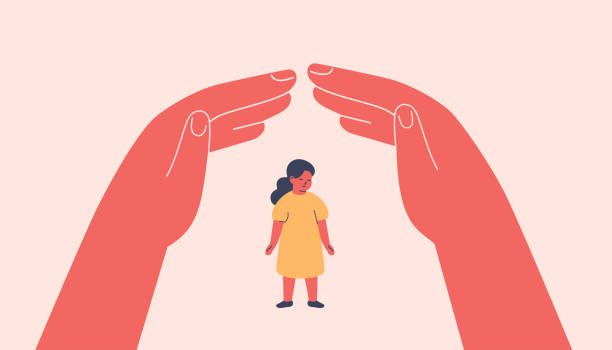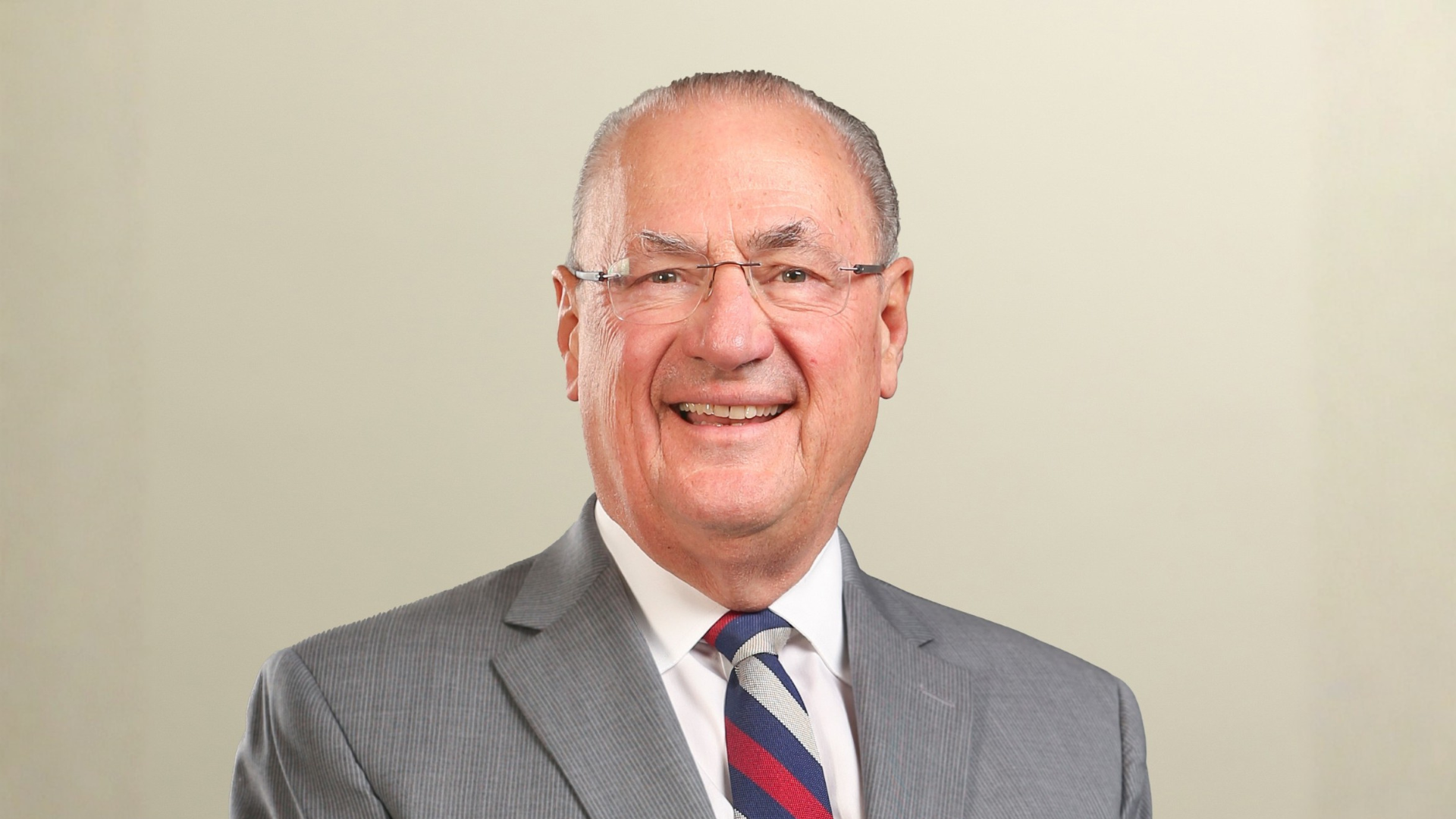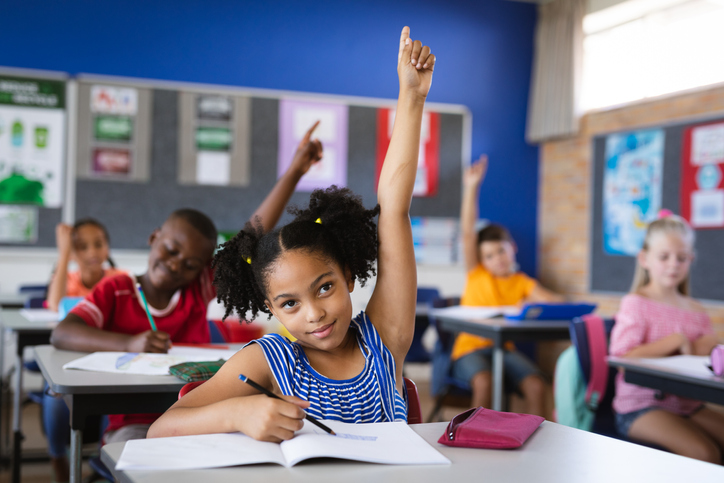School closures still possible despite evidence of lasting harm
SEATTLE- A new study revealing the scope of harm inflicted on Washington state students due to the Inslee administration's aggressive, pandemic-related public school closure policy was released today by Washington Policy Center (WPC). The study notes evidence for a broad scope of harms, some of which may be life-long, including learning loss, income and job opportunity losses, and mental health harms.
The study details how in June of 2020, McKinsey and Company researchers warned that closing schools through January 2021 (seven months) would inflict on students “a hurt that could last a lifetime,” particularly on low-income Hispanic and black students, increasing existing achievement gaps by 15-20 percent. Washington's schools were closed nearly two years. Low-income students were severely affected, with 8,700 fewer such students applying for state-funded college scholarships.
"The evidence is overwhelming," notes study author Liv Finne, WPC's Center for Education Director. "Closures harmed student learning, many suffered damage to their mental health, and reduced lifetime income and economic damages are a real possibility. For two years these kids had damages accumulate."
The sobering results of the last Smarter Balance state test (conducted in November 2021), indicated widespread and significant learning loss. More than fifty percent of Washington students did not pass the English portion of the test and seventy percent failed the math portion. Results show a meaningful decline directly corresponding with the pandemic closures of in-person instruction.
"With these tests we can measure and compare student achievement and systemic success or failure year over year," Finne explained, "Dismissing these test results won't erase the impact the COVID closure policy had on these kids' lives.We need to acknowledge them and prevent closures from happening again."
Utah, Florida, Nebraska, Texas and many other states safely reopened to in-person instruction in 2020 as well as schools in 20 countries including Demark, Britain, France, Japan and Finland. Sweden kept primary schools open and did not experience a decrease in reading comprehension scores compared to the period before the pandemic. Despite private and public charter schools mostly opening to in-person instruction, Washington State was 47th in the nation to reopen traditional public schools.
"Nationally, internationally, and within our state there were examples we could have followed that showed students could safely go to school again, but systemic inflexibility prevented it," said Finne. When Washington’s schools finally reopened in September 2021, students were automatically promoted to the next grade without any assessment of whether they had actually advanced in learning. "That decision extended social promotion to all 1.1 million public school children." she concluded.
Key Takeaways
- Rather than advancing students a grade based on their actual gains in learning, in 2021 education officials essentially extended social promotion to all 1.1 million public school children.
- Research shows many students suffered long-term learning loss and psychological and emotional harm due to the governor’s extended school closure policy
- State test scores show public schools failed to adequately educate 70 percent of students in math and 52 percent of students in English.
- Low-income students were most severely affected, with 8,700 fewer such students applying for state-funded college scholarships.
- Researchers warned closing schools would inflict student harm “that could last a lifetime,” especially for low-income Hispanic and black students, increasing achievement gaps by 15-20 percent.
- Washington public schools received operating funding at the highest levels in history during the COVID crisis, despite school closures.
- In June of 2020, researchers at McKinsey and Company warned that two to nine percent of high school students would drop out, and that U.S. students may lose, on average, a year’s worth of full-time work in lifetime earnings as a result of COVID-relating learning losses.
- Researchers at Brown University found a 23 percent drop in IQ for very young children caused by mandated mask and social distancing requirements.
- The mandate policy that closed schools long term caused many children with special needs to regress and lose what they had learned in the past.
- Isolating teenagers from social contact with peers for nearly two years increased their levels of anxiety and stress, problems which may persist with long-term consequences.
AUDIO CLIPS:
![]() Achievement gap will get larger due to school closures
Achievement gap will get larger due to school closures
![]() Kids are returning to school and our state is pretending no harms were done
Kids are returning to school and our state is pretending no harms were done
![]() In Europe and elsewhere they prioritized student learning and saved their children these pains
In Europe and elsewhere they prioritized student learning and saved their children these pains
![]() to say a course of study is important then end it for two years and pretend it doesnt matter
to say a course of study is important then end it for two years and pretend it doesnt matter
![]() Harms have been suffered especially among low income and minority children
Harms have been suffered especially among low income and minority children
![]() Special needs students suffered the most
Special needs students suffered the most
###





